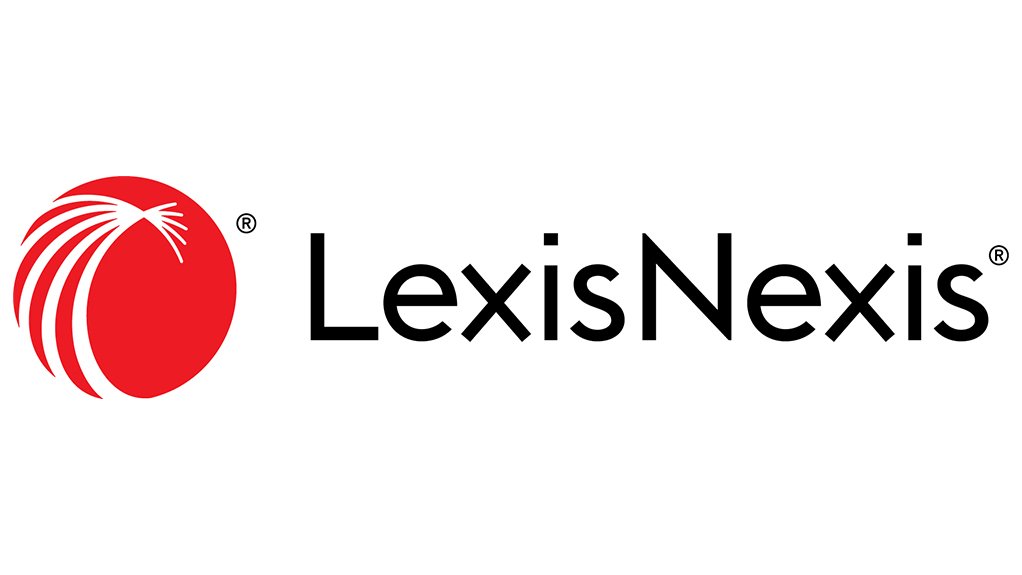Your well-intended plans of going paperless as a business might ordinarily come to a grinding halt whenever you need to get someone's signature on a document. And even more so now with South Africa in a state of lockdown due to the COVID-19 pandemic and remote or virtual working suddenly the new reality for most organisations.
The process of securing physical signatures usually involves printing a document, signing it yourself, scanning and emailing (or even worse, faxing) it to the other party, and then waiting for them to print, sign, and send it back – where it's printed yet a third time and possibly stored away in a filing cabinet, often by this time increasingly illegible.
It's an outdated, time consuming and inefficient procedure, and one that is even more cumbersome during the lockdown. But thankfully, there is another way, thanks to high-tech electronic signing tools.
George Findlay, LexisNexis Account Manager and Corporate Software Specialist, addresses the most common questions and provides clear answers below to give you the ins and outs of e-signatures, how to protect yourself and how to use them to get the most out of your remote or virtual working.
What is an electronic signature?
An electronic signature is the signature of a person attached to a digital document, acting as an electronic reproduction of the signatory’s handwritten signature. They serve the same purpose as handwritten signatures: they can be used to finalise an agreement between parties or to authenticate a document.
How do electronic signatures work?
You upload a document – Word, PDF, or even an image file – to an online service such as Lexis Sign, then tag it with special annotations where signatures eventually need to go. The service sends this marked-up file to your specified recipients, who then "sign" it with a few clicks, using their mouse (or a stylus or finger, using a tablet) wherever they are. When finished, the signed file is sent back to you.
Are electronic signatures legal?
For the most part, whether you're a business generating digital documents to be signed, or a consumer signing them with a mouse click, the answer is a definitive yes. In South Africa, the Electronic Communications and Transactions (ECT) Act gives legal recognition to electronic documents and recognises that electronic signatures can serve as the electronic functional equivalent of their paper-based counterparts. Although the ECT Act does not prescribe what type of technology must be used, examples of electronic signatures include: signing with signature tablets used in banks and other retailers and the so-called digital signature, among others. The ECT Act also creates a special type of electronic signature, known as an “advanced electronic signature” (AES), which is a particularly reliable form of signature. Where a law (such as the Deeds Registries Act) requires a signature, only an AES will be valid. The use of an AES by conveyancer is a legal requirement for the Power of Attorney to Transfer Property.
What extra hardware do you need to use electronic signatures?
This is dependent on the e-signature service in use. A service like Lexis Sign works through a simple, secure entirely web-based platform that does not require additional hardware or devices. It is mobile, simple and speedy, enabling documents to be signed anywhere, any time and on any device.
What kind of documents can be signed with electronic signatures?
Typical documents can range from a proxy, a resolution, a mandate, an agreement or any important document such as consumer agreements, bank loans, signoff of financial statements, rental agreements, any acceptance of terms and conditions, consent forms, tender documents, contracts and Board resolutions.
During the national lockdown typical documents requiring signing could include movement permits, applications for small business funding, applications for restructuring of debt, payment extensions or payment holidays, as well as insurance claims related to COVID-19. Post-lockdown, there could be an influx of claims, legal and banking documents, employee forms and school documents for children.
What are the benefits of using electronic signatures?
E-signatures offer security, document integrity and indisputable authenticity, eliminating the need for having face to face contact and helping businesses and professionals to overcome the logistical challenges of physical signatures.
Are there any risks with electronic signatures?
The document that is electronically signed must not be altered by the parties after signing. This is not strictly a product of e-signatures; altering signed paper documents has always been a risk. It’s also important to select a superior e-signature platform because electronic signatures are only as strong as the systems that manage them.
Want to know more about working with electronic signatures?
Join George Findlay, LexisNexis Corporate Software Specialist, for a FREE WEBINAR as he discusses how electronic signatures have evolved from a convenient extra to a simple and effective compliance necessity across all sectors operating in a COVID-19 reality. The webinar will cover:
- Electronic signature fundamentals
- Digital and digitised signatures
- How to ensure electronic signatures can be trusted
- The power of Lexis Sign – one of South Africa’s first digital signing platforms
Participants will receive a free copy of Introduction to Electronic Signatures, a LexisNexis publication detailing the topics discussed in the webinar.
WEBINAR DETAILS:
Title : Electronic signatures – a virtual work solution
Date : 17 June 2020
Time : 10h00
Webinar link: https://relx.zoom.us/webinar/register/2915910137708/WN_aV9kSUZ_QL2cx6DbkmVUxw
EMAIL THIS ARTICLE SAVE THIS ARTICLE ARTICLE ENQUIRY
To subscribe email subscriptions@creamermedia.co.za or click here
To advertise email advertising@creamermedia.co.za or click here











